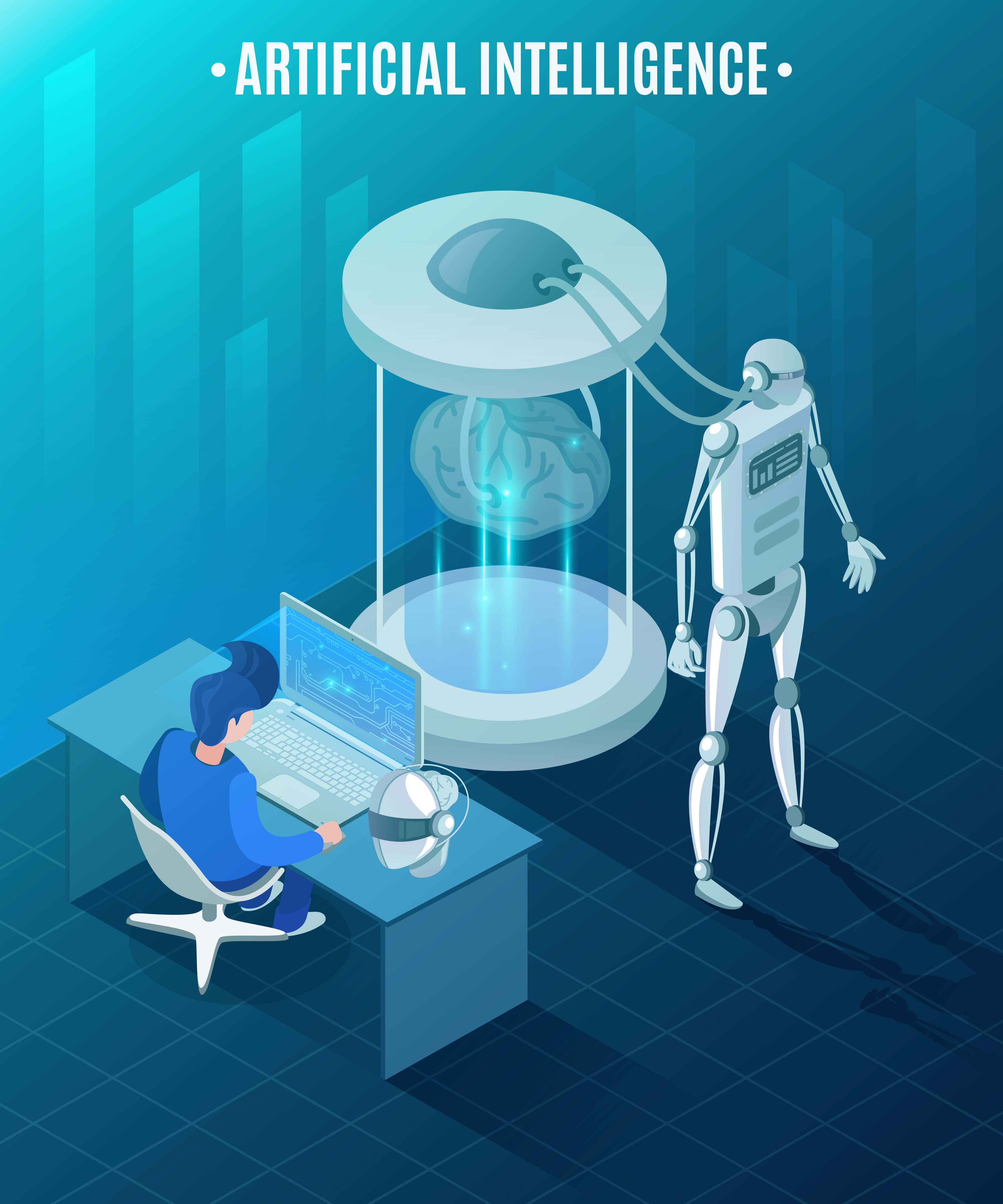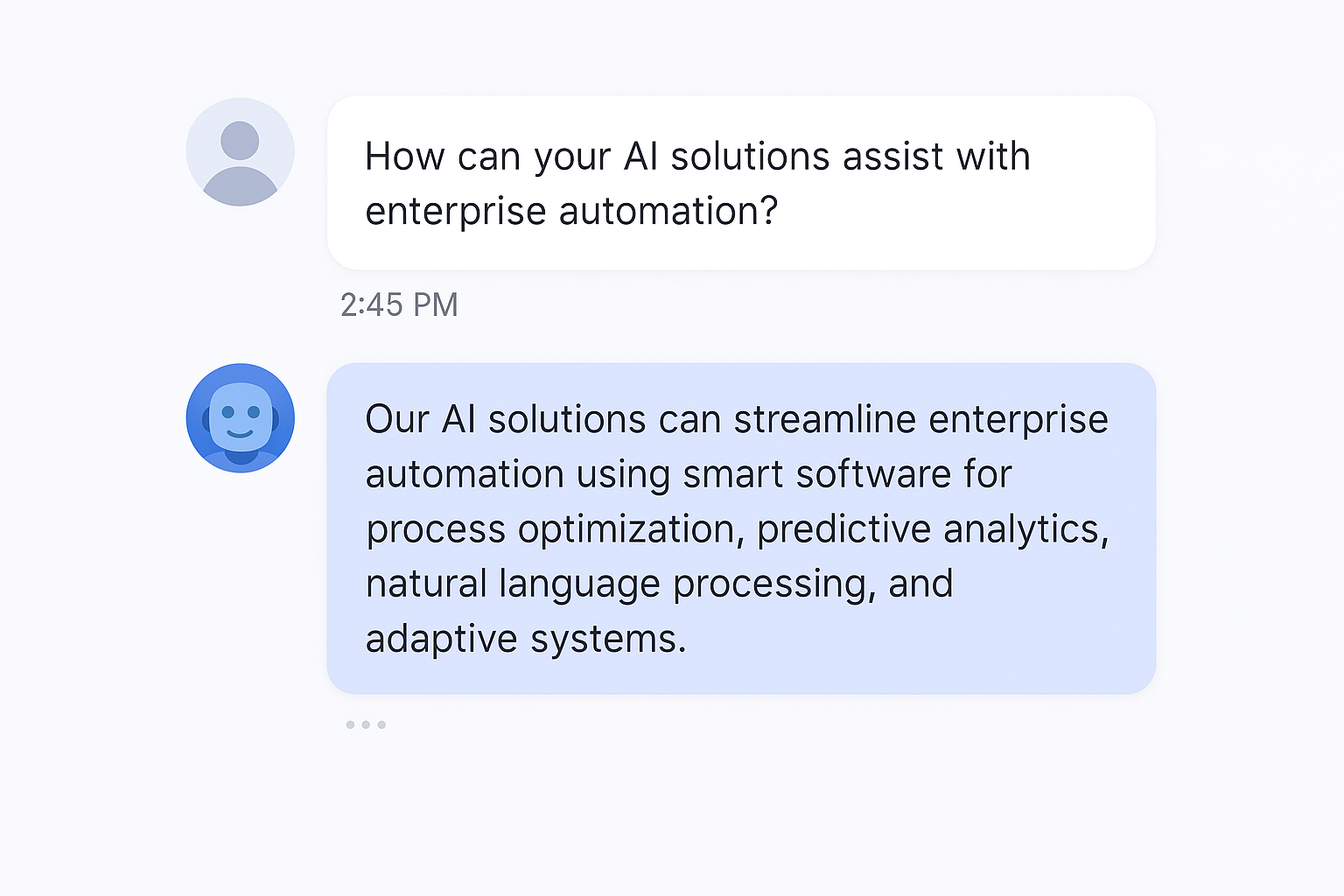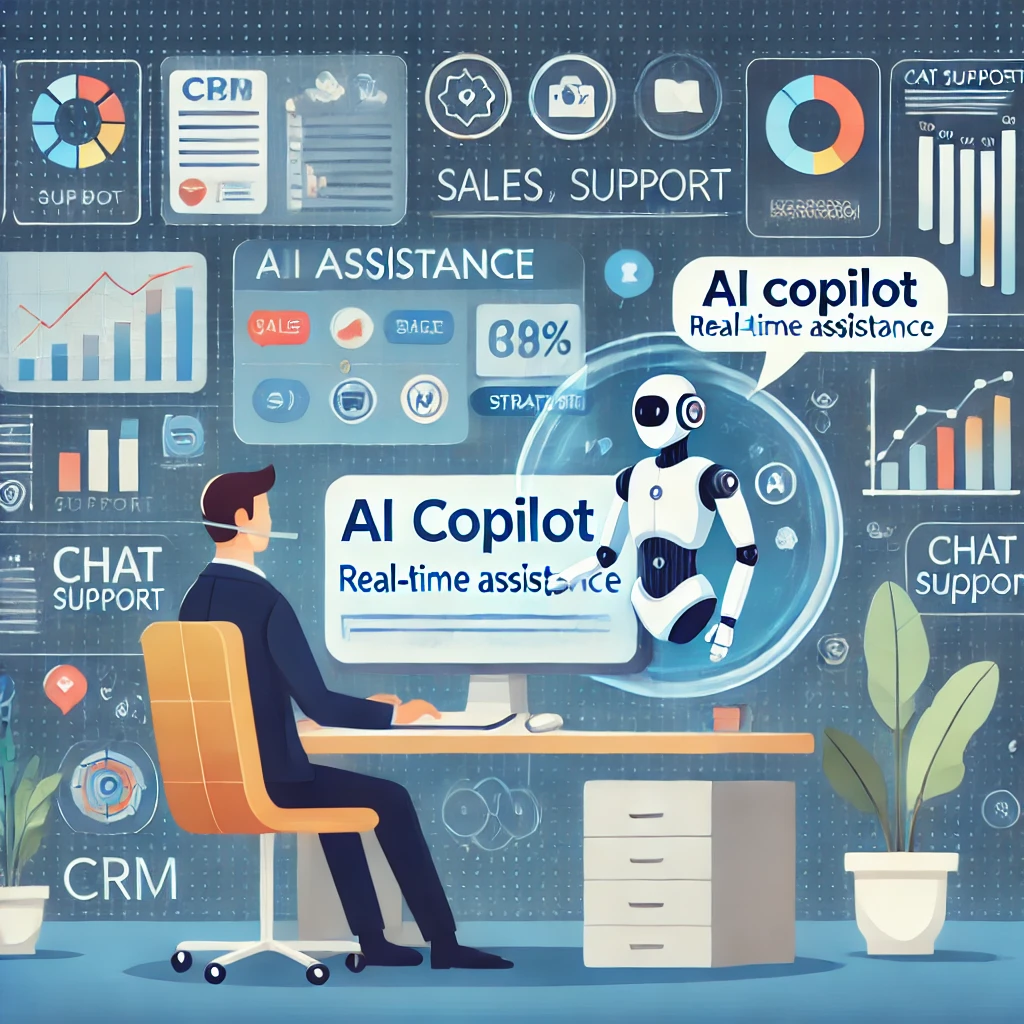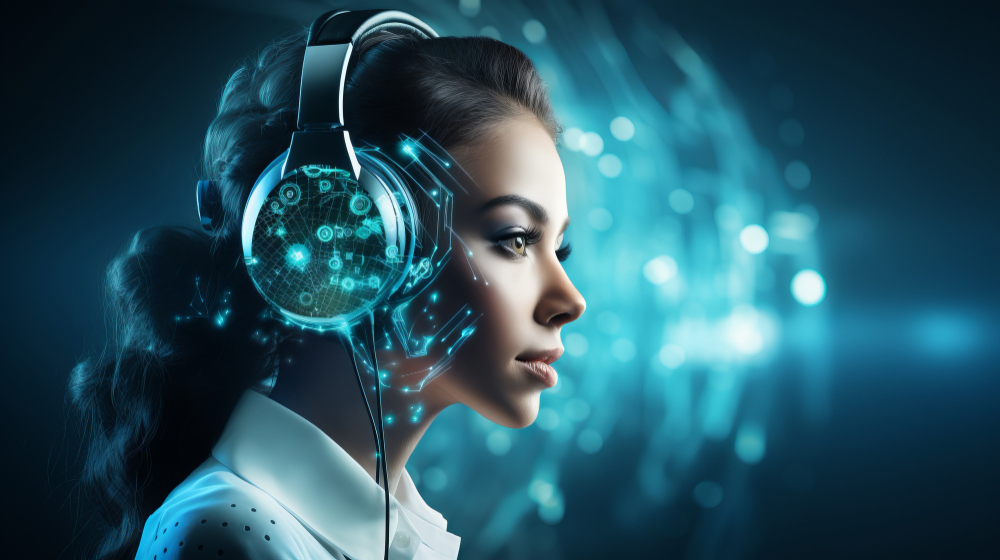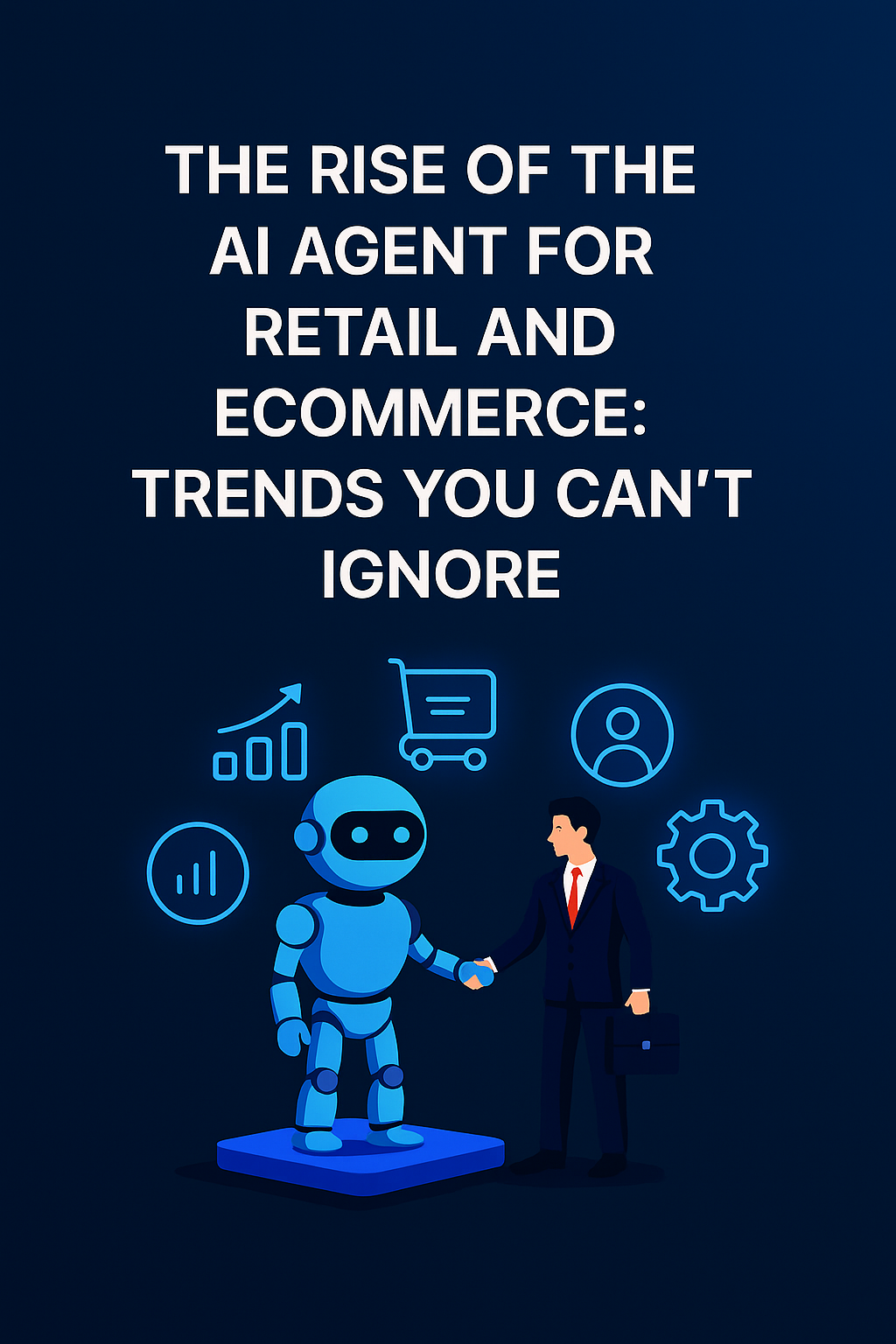Explore the Future of Healthcare Automation Today
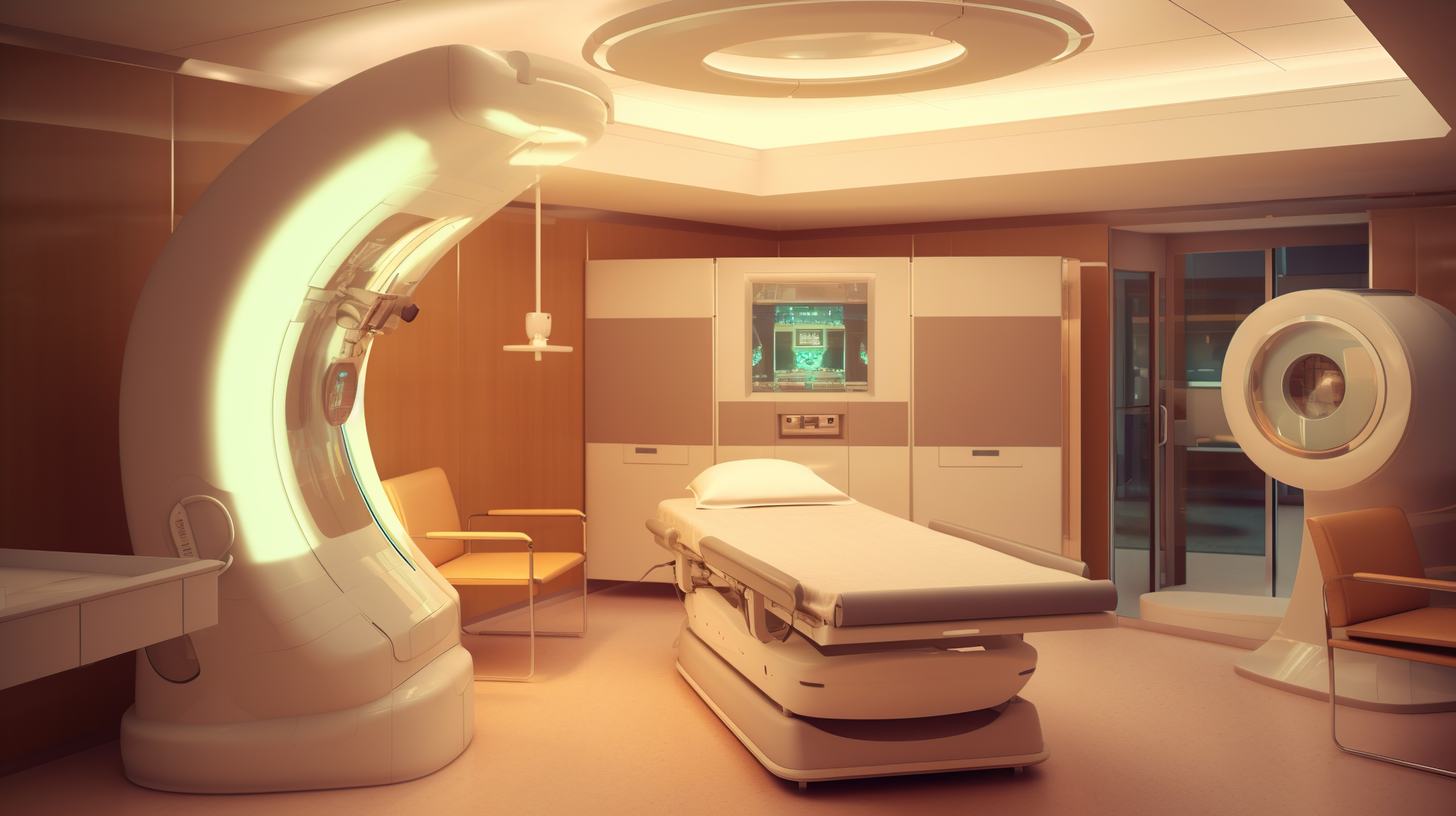
Healthcare is rapidly evolving, driven by groundbreaking advancements in digital technology. One of the most transformative forces currently reshaping the industry is automation. From simplifying administrative tasks to assisting in complex clinical decision-making, automation holds the promise of making healthcare more efficient, accurate, and patient-centric. At the heart of this transformation lies generative AI for healthcare, a powerful tool enabling institutions to navigate the complexities of modern medicine with ease and innovation.
The Automation Imperative in Healthcare
Automation in healthcare refers to leveraging digital systems, machine learning models, and robotic process automation (RPA) to handle tasks that traditionally required human involvement. As healthcare systems across the globe face mounting pressures—rising patient volumes, a shortage of healthcare professionals, and escalating costs—automation emerges as a strategic solution to enhance productivity without compromising care quality.
Benefits of Automation:
- Reduced human error
- Faster service delivery
- Lower operational costs
- Improved patient satisfaction
- Increased workforce efficiency
The Role of Generative AI for Healthcare
Generative AI, a subset of artificial intelligence focused on creating new data or content, is playing a crucial role in healthcare automation. By learning from vast datasets, generative AI models can produce medical insights, suggest treatments, simulate clinical scenarios, and even draft medical documentation.
Its applications are expansive:
- Creating personalized treatment plans
- Generating patient reports
- Synthesizing research literature
- Forecasting disease progression
By integrating generative AI into healthcare systems, providers can ensure that insights are not only data-driven but also adaptable to individual patient needs.
Core Areas Where Automation Is Changing Healthcare
1. Administrative Efficiency
Administrative overhead in healthcare has long been a burden. Tasks like scheduling, billing, insurance claims, and compliance reporting consume significant time and resources.
Automation tools now handle:
- Patient onboarding and registration
- Appointment reminders via AI chatbots
- Automated billing and payment processing
- Digital claims verification and approvals
This reduces clerical errors, shortens processing times, and frees up human staff for more value-added work.
2. Clinical Documentation
One of the most impactful uses of generative AI for healthcare is automating documentation. Physicians typically spend hours entering patient notes into EHRs (Electronic Health Records).
With AI-driven scribe tools:
- Conversations between doctors and patients are automatically transcribed
- Relevant data is extracted and structured
- Draft notes are generated, requiring only quick review
This not only saves time but ensures better data accuracy and completeness.
3. Decision Support Systems (CDSS)
AI-powered Clinical Decision Support Systems analyze patient data, compare it against best practices and real-time evidence, and offer recommendations.
Generative AI enhances CDSS by:
- Synthesizing up-to-date clinical research
- Tailoring suggestions based on unique patient profiles
- Predicting potential complications
This results in more informed decision-making and better patient outcomes.
4. Diagnostics and Imaging
Medical imaging interpretation is another area revolutionized by automation. AI systems trained on thousands of X-rays, MRIs, and CT scans can now:
- Detect anomalies like tumors, fractures, and hemorrhages
- Prioritize urgent cases
- Reduce diagnostic delays
Generative AI models are even capable of simulating unseen imaging scenarios, training new AI models, and producing enhanced image resolution.
Automation in Patient Engagement
In the digital age, patients expect more personalized and on-demand healthcare services. Automation tools ensure that healthcare is accessible, responsive, and tailored to individual needs.
Virtual Health Assistants:
Provide 24/7 interaction
Answer FAQs on symptoms and medications
Help with appointment scheduling
Patient Portals:
Share lab results in real-time
Enable secure messaging with providers
Automate medication refill requests
These tools enhance patient empowerment and adherence to care plans.
Streamlining Hospital Operations
Hospitals operate with a complex array of moving parts. Automation is bringing transparency, efficiency, and predictability to operations:
Inventory Management: AI systems forecast demand, track usage, and automate reorders.
Bed Allocation: Real-time analytics predict patient discharges and manage capacity.
Surgical Schedules: Optimization algorithms reduce wait times and idle equipment.
Generative AI assists by simulating different operational scenarios to optimize resources and improve decision-making.
Personalized and Preventive Medicine
The era of one-size-fits-all treatment is giving way to precision medicine, supported by automated analysis of diverse data sources.
Generative AI for healthcare plays a pivotal role by:
- Combining genomic, lifestyle, and clinical data
- Modeling disease progression unique to the individual
- Recommending tailored interventions
Preventive care is also enhanced. AI systems identify at-risk populations, track biomarkers, and alert physicians before symptoms arise.
Enhancing Public Health and Research
Healthcare automation extends beyond individual care to population health and medical research.
For Public Health:
Monitoring disease outbreaks in real-time
Automating contact tracing
Predicting regional healthcare demands
For Research:
Automating literature reviews
Suggesting hypotheses for clinical trials
Generating synthetic datasets for rare diseases
Generative AI excels in synthesizing complex datasets and exploring theoretical models, thereby accelerating innovation.
Ethical Considerations and Governance
As automation becomes more integrated, ethical and operational risks must be addressed:
Bias in AI Models: AI must be trained on diverse datasets to avoid biased decisions.
Data Privacy: Enhanced cybersecurity measures and compliance with HIPAA/GDPR are essential.
Accountability: Who is responsible when an AI system makes an incorrect recommendation?
Transparency: Patients should understand when and how automation is used in their care.
Regulatory frameworks and audit systems are crucial to ensure AI systems align with ethical standards.
Training the Workforce for Automation
Automation will not eliminate healthcare jobs but change them. Human professionals remain indispensable for empathy, ethical reasoning, and nuanced clinical judgment.
To prepare for this future:
- Medical professionals should receive AI literacy training
- Institutions should promote interdisciplinary collaboration between clinicians and data scientists
- Ongoing education is vital to keep up with evolving tools and practices
Building the Infrastructure
The full potential of automation can only be realized with the right infrastructure:
- Cloud computing for scalability
- Interoperable data systems
- Secure data pipelines
- AI-ready EHR platforms
Generative AI for healthcare requires access to comprehensive, high-quality datasets to deliver accurate results. Partnering with trusted technology providers can ensure seamless integration and scalability.
Looking Ahead: Fully Automated Ecosystems
The future envisions a connected, intelligent healthcare system where automation is woven into every layer:
- Smart Hospitals that self-regulate resources
- Remote Monitoring Systems that alert doctors instantly
- Digital Twins that simulate patient responses to treatments
- Proactive Care Models powered by predictive analytics
This future isn’t decades away—it’s unfolding now.
Conclusion
The convergence of automation and artificial intelligence is revolutionizing healthcare. From the administrative backend to bedside care, automation is bringing unprecedented efficiency, speed, and personalization to the industry.
At the forefront of this revolution is generative AI for healthcare, a technology that is not just changing how tasks are performed, but reimagining what is possible. With the right infrastructure, governance, and vision, healthcare systems can harness this power to deliver better outcomes, lower costs, and greater access for all.
The journey to a fully automated healthcare ecosystem is underway. Forward-thinking organizations that embrace this shift today will be the leaders of tomorrow. Let’s explore that future—now.
Note: IndiBlogHub features both user-submitted and editorial content. We do not verify third-party contributions. Read our Disclaimer and Privacy Policyfor details.



